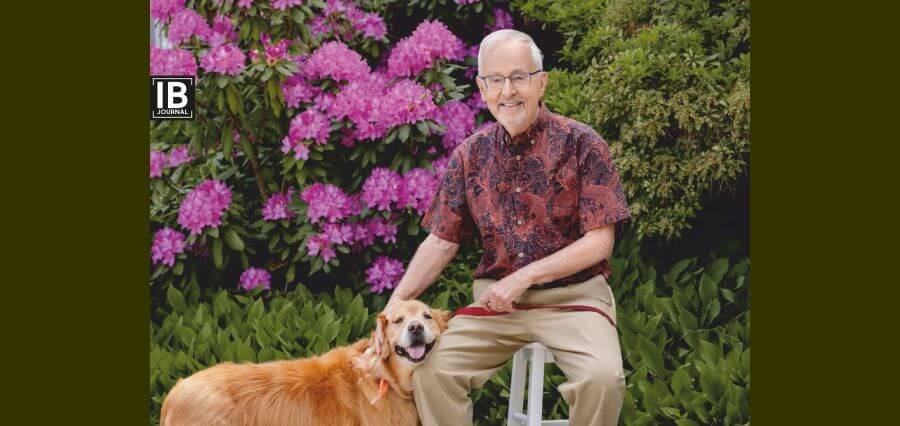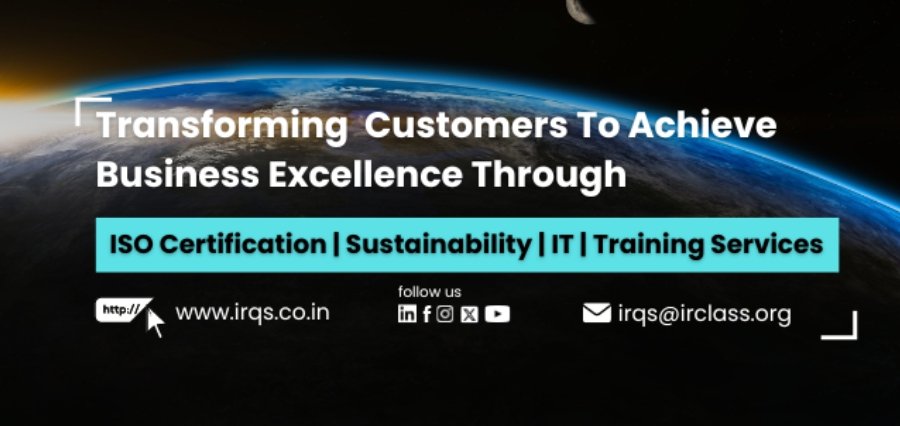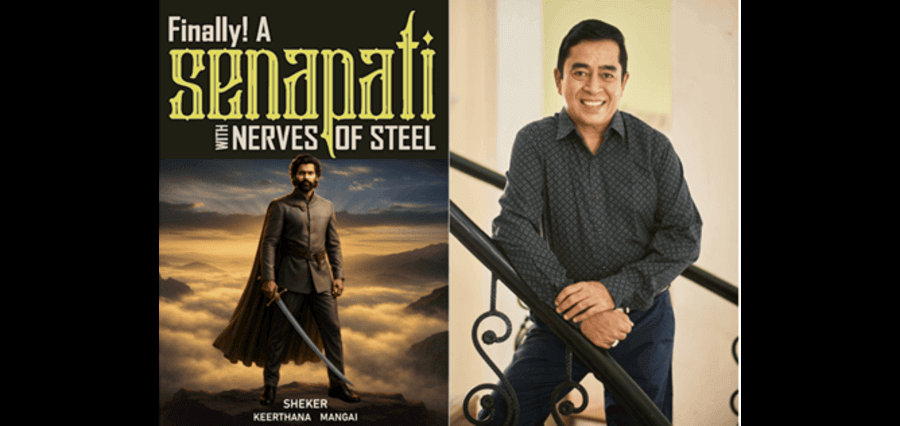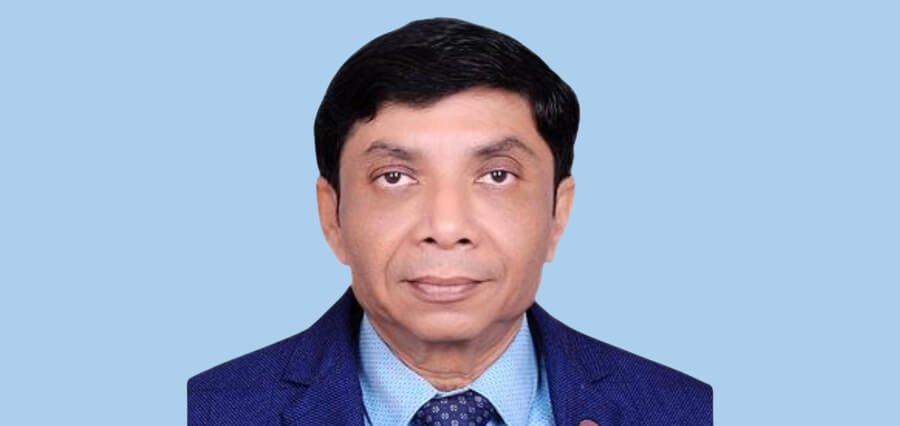Dr. Richard Charles Larson’s illustrious career is a living testament to the transformative power of education, interdisciplinary collaboration, and a deeply personal philosophy grounded in lifelong learning. As a professor emeritus at MIT and one of the founding figures of the Institute for Data, Systems, and Society (IDSS), Dr. Larson has been a guiding force in shaping not only educational paradigms but also in influencing public policy, operations research, and global learning networks. With decades of groundbreaking work across five academic departments at MIT, his journey reflects a passion that transcends traditional boundaries.
At the core of his philosophy lies a commitment to personal authenticity and perpetual learning. Quoting Einstein, Dr. Larson firmly believes in learning something new every day and regards education as a non-transferable asset—unlike material wealth, it cannot be taken away. This guiding principle has not only shaped his own journey but has also inspired countless others through initiatives such as MIT LINC and MIT BLOSSOMS. His devotion to educating others, particularly underserved populations through innovative, internet-based platforms, underscores his vision of democratizing access to quality education.
Throughout his career, Dr. Larson has consistently emphasized the power of curiosity, the importance of breaking down academic silos, and the need to integrate diverse domains—from engineering and public systems to data science and policy. As the world grapples with challenges that span disciplines and geographies, his insights remain as relevant as ever. In this reflective narrative, Dr. Larson shares his motivations, achievements, and vision for the future of education, innovation, and leadership.
Foundational Values That Guide Purpose
According to Richard C. Larson, his life’s work is grounded in several enduring values: integrity, curiosity, and the pursuit of learning. He asserts, “Be true to yourself. Try to learn something new each and every day.” Education, he insists, is unique in its permanence; unlike physical possessions, it can never be taken from you. These tenets have served as the moral compass throughout his multifaceted career.
For Dr. Larson, being an educator is not just a role but a privilege—an opportunity to influence minds and contribute to society in meaningful ways. His outlook has helped nurture a generation of learners and educators who see teaching as a noble calling. Education, in his view, is the most democratic tool for empowerment and transformation.
Shaping Future Through IDSS
Reflecting on his role in founding MIT’s Institute for Data, Systems, and Society (IDSS), Dr. Larson explains that it resonates perfectly with his professional passions. His career has been a restless exploration—not of physical landscapes as in childhood, but of what he terms “mind-related territories.” IDSS reflects this orientation by integrating data, systems analysis, and societal applications.
As an operations researcher, Dr. Larson’s work has always blended data analytics with real-world societal applications—urban safety, public waste systems, and criminal justice, to name a few. IDSS, with its interdepartmental ethos, enables scholars to avoid intellectual silos and instead work across boundaries. This horizontal collaboration is essential, he notes, in tackling complex societal problems that no single discipline can solve alone.
Trajectory of Innovation and Leadership
Dr. Larson’s academic trajectory has been marked by continuous reinvention and cross-disciplinary engagement. MIT’s flexibility in allowing him to work across five departments enabled him to pioneer innovative programs that redefined educational outreach. Notably, he cites MIT LINC (Learning International Networks Consortium) and MIT BLOSSOMS (Blended Learning Open Source Science Or Math Studies) as milestones.
MIT BLOSSOMS, in particular, stands out as a global educational resource. With 86 interactive videos covering STEM topics and available freely online, the initiative demonstrates how technology can make high-quality education accessible to underserved regions. “Democratization of education,” as he puts it, becomes achievable when the best resources are coupled with strong local support.
Interdisciplinary Collaboration in Action
Dr. Larson firmly believes that no one’s life—or education—should be confined to a single discipline. He stresses the need for universities to move away from departmental rigidities and embrace interdisciplinary collaboration. His own career at MIT benefited immensely from a culture that rewards crossing boundaries.
He views IDSS as a model of what future academia should look like—fluid, interconnected, and aligned with societal needs. The integration of engineering, policy, and data science provides not only a more holistic education but also the capacity to address multifaceted global challenges.
Educational Models that Set New Benchmarks
MIT LINC and MIT BLOSSOMS have had a profound impact on global education. LINC held international conferences that fostered meaningful professional collaborations, while BLOSSOMS has reached thousands of classrooms worldwide. The Physics of Sailing lesson—one of the most popular BLOSSOMS videos—highlights how counterintuitive concepts can spark curiosity and joy in learning.
Dr. Larson believes that what makes such models successful is their simplicity, accessibility, and engagement. They inspire learning not just through content but through method—by posing questions that ignite curiosity and by offering a platform that is interactive and community-driven.
The Role of Human Judgment in AI Age
Although retired, Dr. Larson remains thoughtful about the direction of educational technology. On the question of AI and big data, he expresses a balanced skepticism. Technology, he says, can enhance learning but not replace the essence of good teaching. “There can be no substitute for a talented human teacher who knows how to connect and motivate,” he emphasizes.
His own memories of impactful teaching—from high school physics to classes with Dr. Amar Bose at MIT—underscore this belief. What stayed with him were not the tools used but the connection fostered by passionate educators. Listening actively, not taking notes, helped him internalize knowledge—something AI cannot replicate.
Supporting Underserved Student Populations
Dr. Larson sees global outreach as a moral imperative for elite institutions. Programs like MIT BLOSSOMS exemplify how digital tools can bridge educational inequities. However, technology alone isn’t enough. A critical missing piece, he notes, is the presence of a supportive, in-class teacher who can adapt and facilitate learning.
He advocates for models that combine global content with local mentorship. It’s this blend that ensures educational access doesn’t stop at digital delivery, but culminates in real understanding and student empowerment.
Philosophies for Leadership and Mentorship
“Lead by example,” says Dr. Larson, outlining a core tenet of his leadership philosophy. He emphasizes that mentoring young researchers is not just a responsibility but an investment in the future. Engaging in open-ended conversations, identifying passions, and guiding researchers to align those passions with meaningful projects forms the bedrock of his mentoring style.
He also pioneered a transformative change at MIT by advocating for a new faculty category—“Professor, Post-Tenure.” Unlike traditional emeritus roles, this allows senior professors to remain engaged in research and mentorship without the pressures of regular teaching loads. His Science magazine article, “What Are You Waiting For?” outlines the rationale and process for this novel concept now gaining traction in other institutions.
Defining the Next Generation of Leaders
According to Dr. Larson, leadership transcends academia and is relevant in every field—be it sports, entertainment, or politics. What defines strong leaders, he argues, is vision, resilience, and the ability to inspire by example. Academic leaders must be willing to embrace risk, champion innovation, and cultivate environments where others can thrive.
He encourages young leaders to be introspective, to define their personal mission, and to commit to paths that benefit not just themselves, but society at large.
Trends That Will Shape the Future
“Data, data, data—it is everywhere,” remarks Dr. Larson. While he acknowledges the transformative potential of big data, he is quick to point out that meaningful change is still driven by humans. Algorithms and machines can process information, but it’s human intuition and creativity that spark revolutions.
He praises the free access movement in education and hopes more people around the world will engage with it. Programs like BLOSSOMS are part of this vision—a repository of knowledge that belongs to everyone. Whether rural or urban, rich or poor, all should have the chance to own their learning journey.
Defining Innovation and the Power of Recognition
“Innovation in education,” says Dr. Larson, “is not about flair, but about connection.” He views the goal as reaching more learners, especially in difficult environments, and helping them find joy and agency in learning. Innovation, therefore, lies in designing systems that are inclusive, motivational, and sustainable.
Being named among “America’s Top Educational Innovators to Watch in 2025” is a humbling recognition for him. But more than personal acclaim, it serves as a reminder of the ongoing responsibility to contribute, connect, and create educational environments that bring out the best in people everywhere.
The Educator’s Legacy
Dr. Richard C. Larson’s narrative is not just one of achievements, but of principles put into action. Through MIT, global initiatives, and his own enduring curiosity, he has left a mark that is as deeply personal as it is universal. His life’s work is a call to all educators, researchers, and leaders: to learn continually, to collaborate freely, and to serve society through knowledge.
As education continues to evolve through digital transformation and global interconnectivity, Dr. Larson’s philosophy offers a grounding force. Be true to yourself. Learn every day. And never underestimate the power of a single teacher to change a life.
Read Also : 6 Ways the Digital Maturity Index Fuels Enterprise Growth







